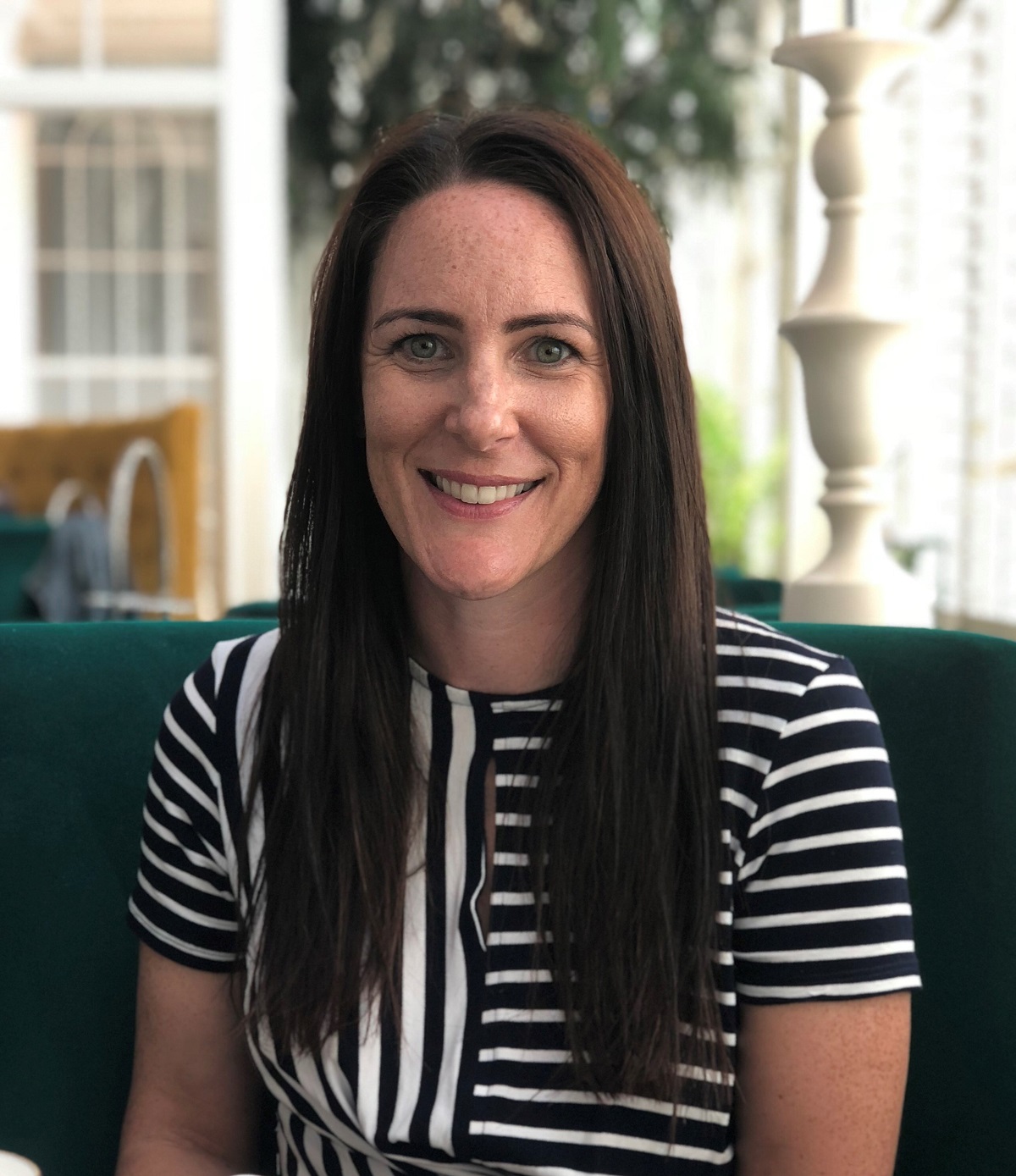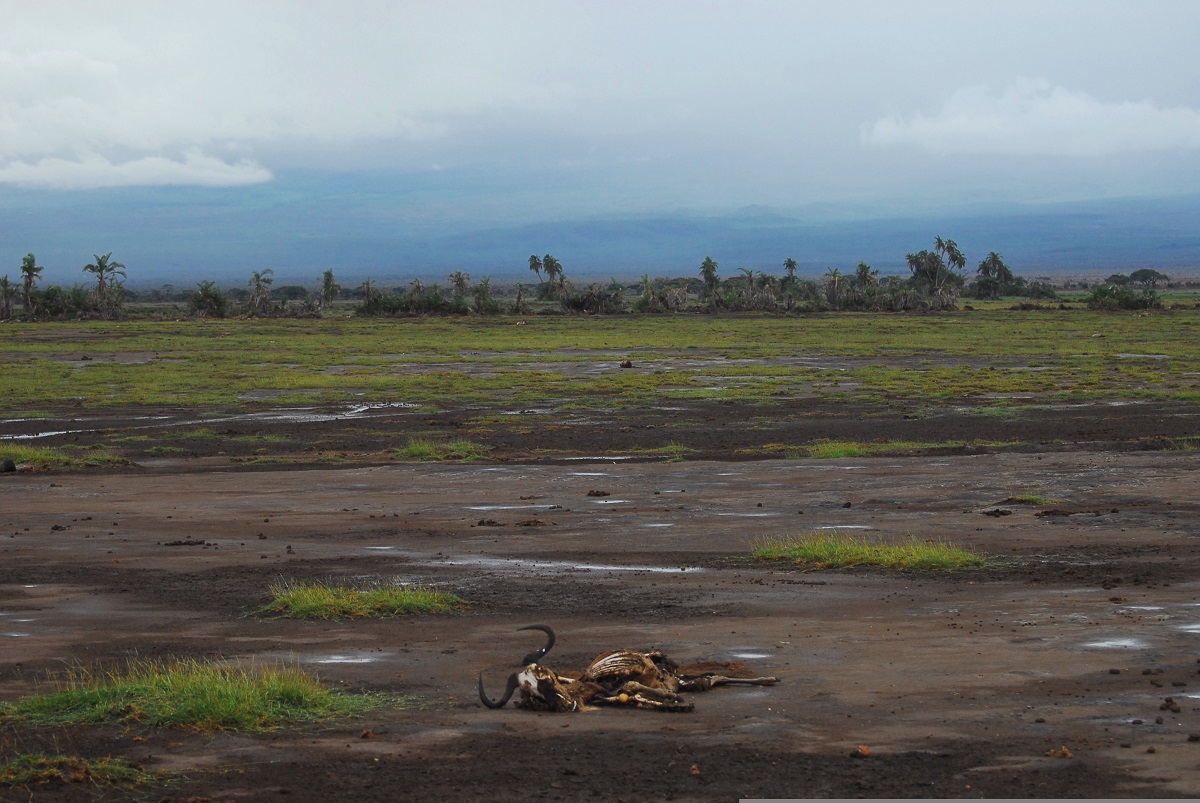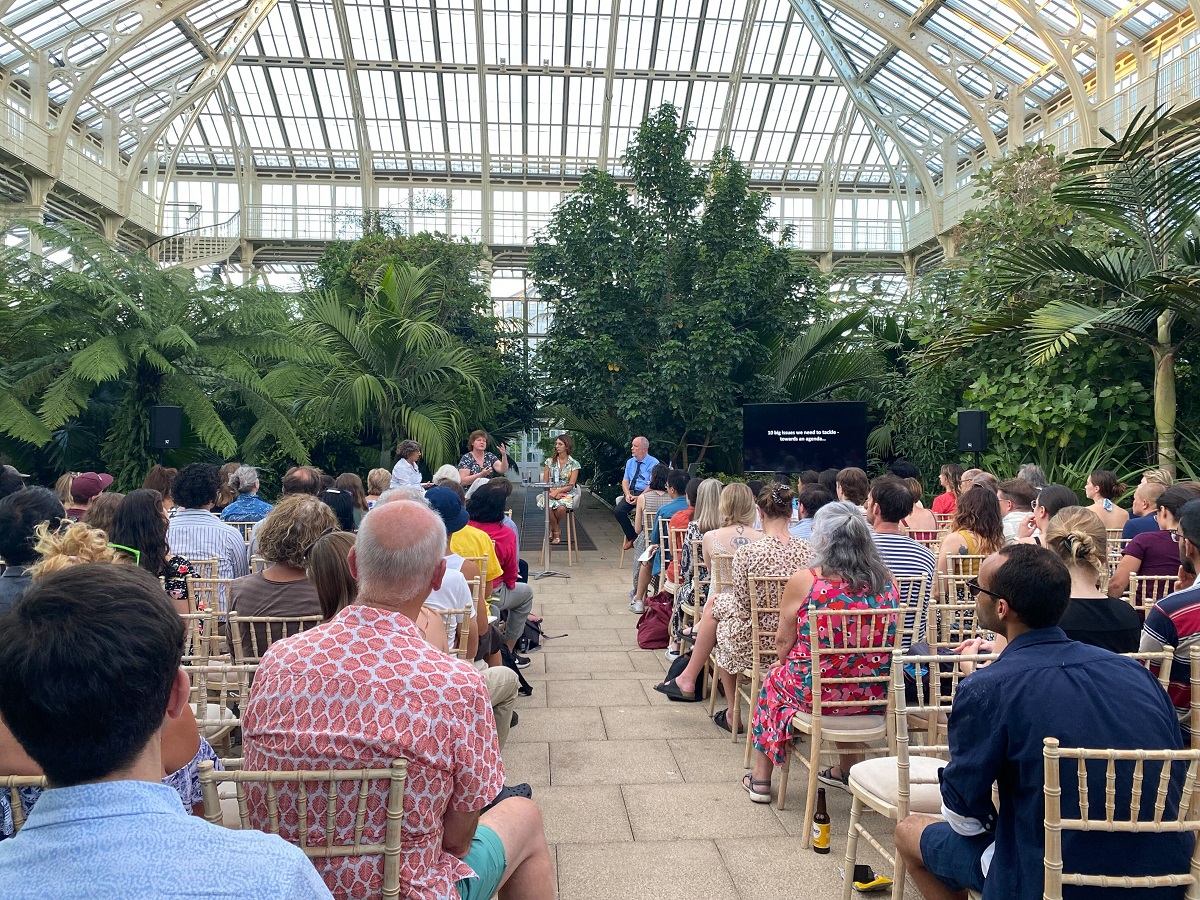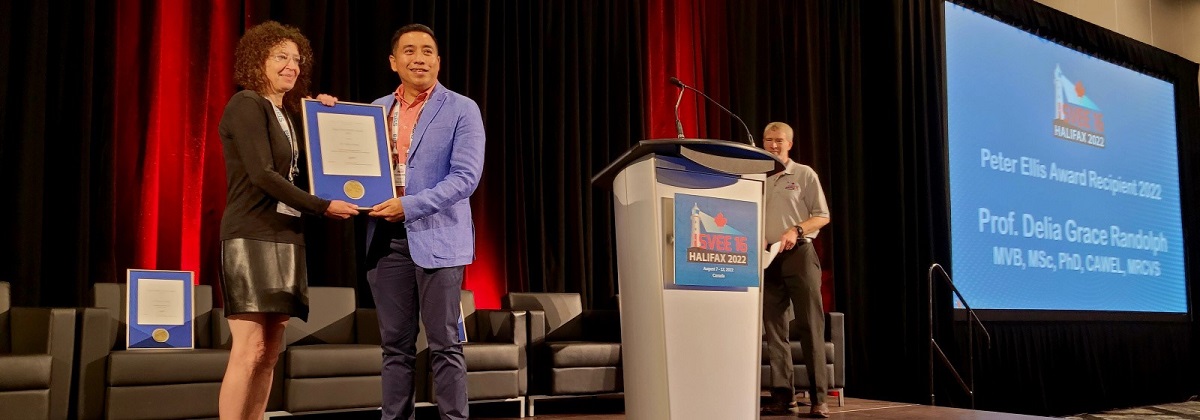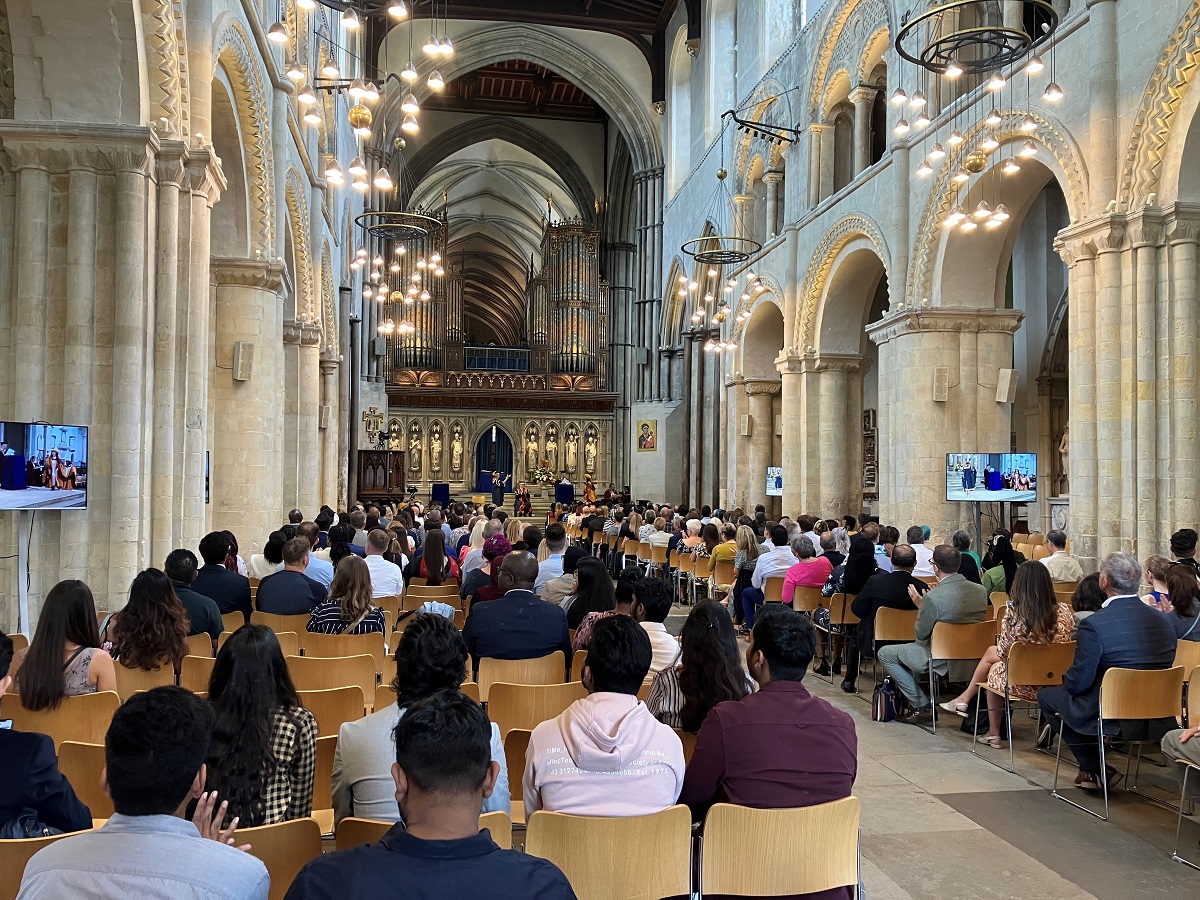News - 2022
Valerie Nelson | Jeremy Haggar | Pamela Katic | Phil Stevenson
A momentous agreement has been signed by more than 200 countries in Montreal at COP15 after several years of negotiations. The Kunming-Montreal Global biodiversity framework...
Rejoice Wadiam Papka was just 18 years old when Islamist terrorists from Boko Haram wreaked havoc on the area of north-east Nigeria that she called home. The violence and residual fear she experienced, influenced her career choices leading to PhD...
“We are on a highway to climate hell with our foot on the accelerator”, said UN Secretary-General, António Guterres, on Monday 6th November during his opening address at COP27 in Egypt. COP is the United Nation’s Conference of Parties, at which...
Hayley Thompson has finally found her ‘ideal job’ – identifying pathogens in rodents – here at NRI, University of Greenwich. Her career journey to become a Molecular Microbiologist has taken her on a circuitous route, and has involved a variety of...
“Humanity today faces a severe and unprecedented climate crisis with devastating consequences for people, nature and the economy,” stated the Calouste Gulbenkian Foundation when they launched their ‘Prize for Humanity’ in 2020 – with the aim of...
Former NRI PhD student, Dr Manuela Carnaghi, recently took up a position as Professional Teaching Demonstrator for the School of Science at the University of Greenwich, where she leads laboratory classes for a range of BSc and MSc students....
NRI’s first Food Accelerator programme has begun and is speeding away from the starting grid. The initiative, which gives practical advice to new start-ups has welcomed its first intake of entrepreneurs, all of whom are developing plant-based food...
With deep sadness, we mark the passing of Her Majesty Queen Elizabeth II.
We all know that eating fruit keeps us healthy, but often there’s a very small window of opportunity to eat the contents of our fruitbowl when it’s at its best. All too often fruit from the supermarket is either unripe, or about to go off. NRI’s...
One of the biggest challenges in relation to food is managing loss and waste, not just in homes, but throughout the food system from pre-production to consumption. In August, Kew Gardens hosted a panel discussion as part of its ‘Food Forever’...
Professor Delia Grace Randolph, Professor of Food Safety Systems at NRI, has been awarded the Peter Ellis award for ‘exceptional contributions to veterinary epidemiology’. Delia was presented with this prestigious award in Halifax, Canada during...
A temporary reprieve from the recent heatwaves meant that the graduation ceremony held at Rochester Cathedral in Kent on Thursday 28th July was a pleasant and temperate affair. Friends and families of the NRI graduates filed into the pews to watch...





